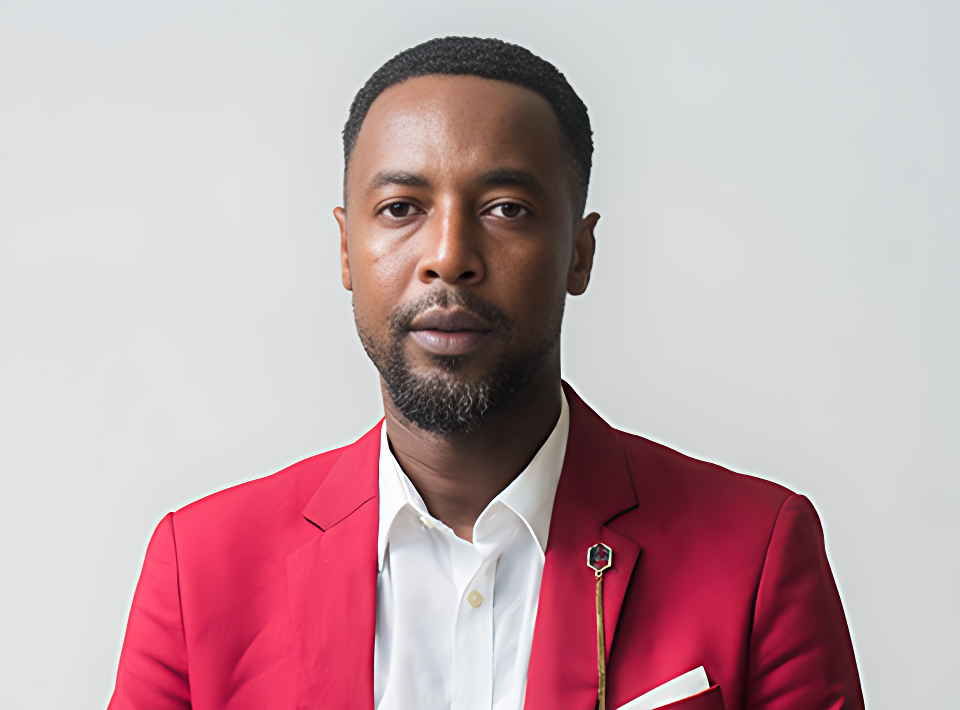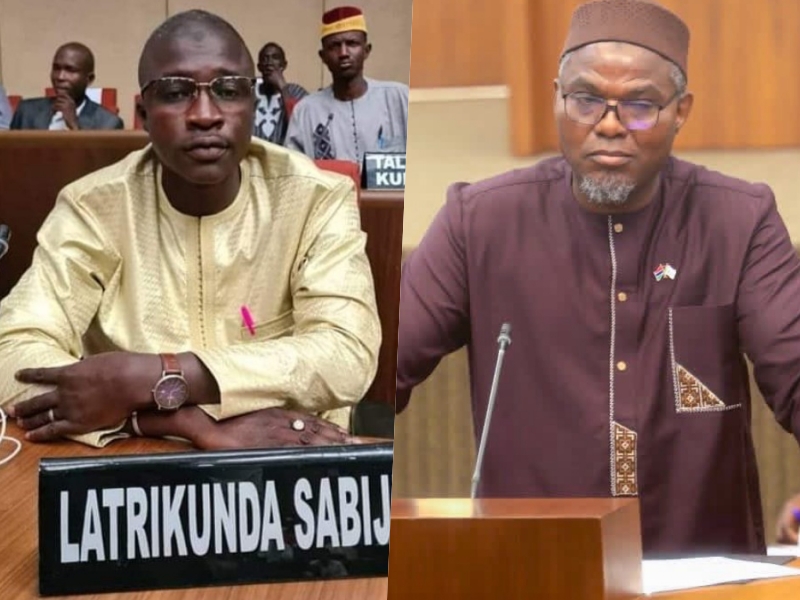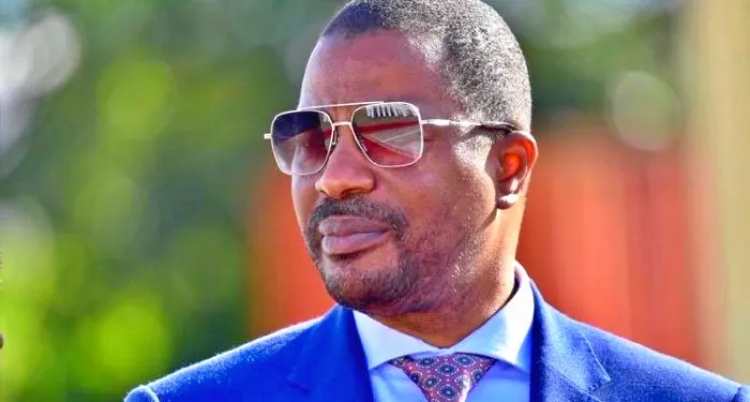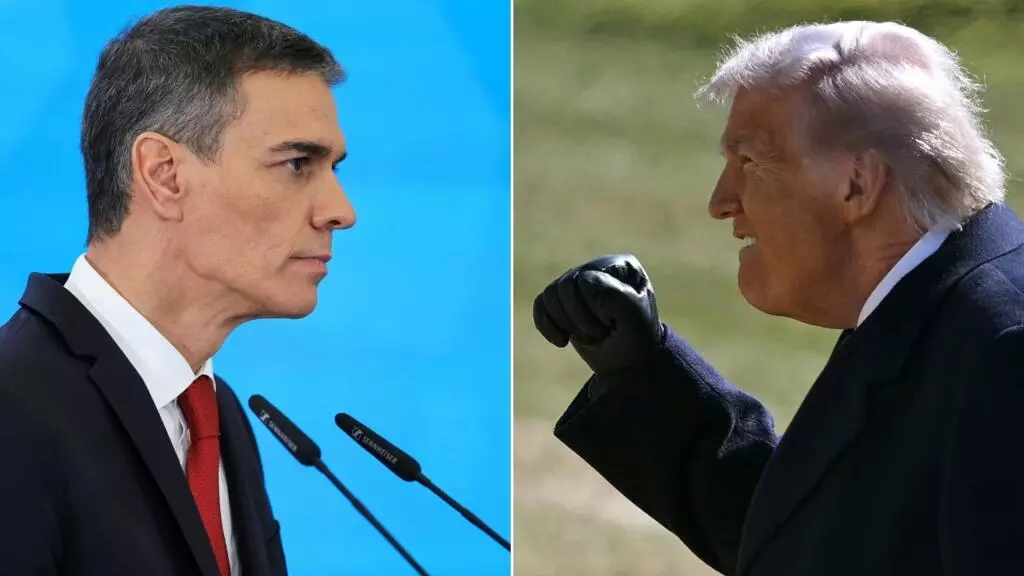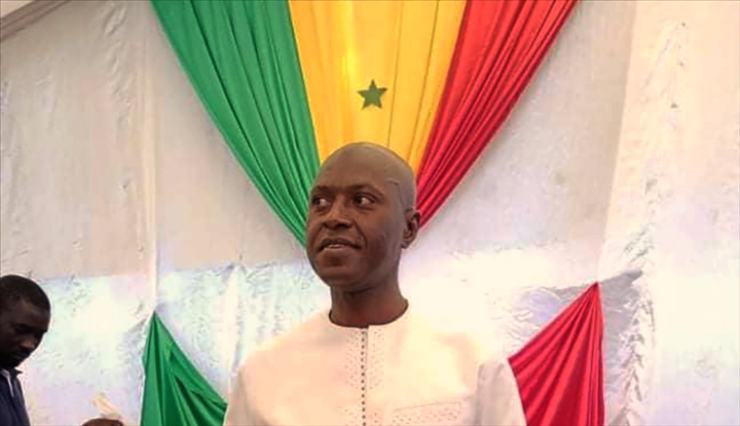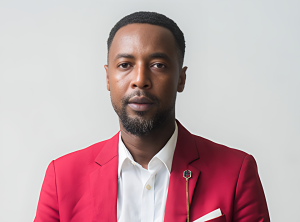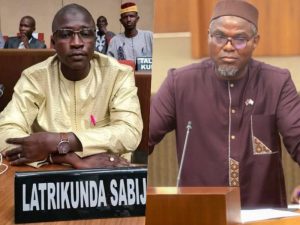Gambiaj.com – (Dakar, Senegal) – The recent appointment of three Pastef members to key government positions has reignited the debate over function accumulation within the ruling party. The mayors of Parcelles Assainies, Golf Sud, and Diamaguène Sicap Mbao have been appointed to high-level supervisory boards, raising questions about whether they will step down from their municipal duties in line with Pastef’s commitment to political ethics.
The newly appointed officials include Khadija Mahécor Diouf, the mayor of Golf Sud, who has been named president of the supervisory board of the Local Development Agency (ADL). Similarly, Aboubacar Djamil Sané, mayor of Parcelles Assainies, has been appointed to lead the supervisory board of the General Delegation for the Rapid Entrepreneurship of Women and Youth (DER/FJ).
Months earlier, in January 2025, Cheikh Aliou Bèye, the mayor of Diamaguène Sicap Mbao and a former deputy, was appointed president of the supervisory board of the General Delegation for the Promotion of Urban Centers of Diamniadio and Lac Rose (DGPU).
These appointments have sparked speculation about whether the three mayors will resign from their municipal posts, given Pastef’s long-standing opposition to functional accumulation. Throughout its political rise, Pastef has emphasized the need to restore ethical governance and has actively campaigned against the practice of holding multiple positions in government.
In 2022, when questioned about Pastef’s stance, party leader Ousmane Sonko made a clear pledge, stating, “If I am elected President of the Republic, I will pass a law in the National Assembly to definitively prohibit function accumulation.” Although Sonko was not elected at the time, his administration’s approach to function accumulation has remained a matter of public scrutiny.
One of the most high-profile cases involved Birame Soulèye Diop, now Minister of Petroleum, who faced significant criticism for holding both his mayoral position in Thiès Nord and a seat in the National Assembly.
At the time, Diop defended his decision by arguing that no law in Senegal prohibited such accumulation, unlike in countries like France. His remarks—“No one should tell me what I should do… my choice will be personal”—illustrated the party’s internal tensions over the issue.
However, following Sonko’s appointment as Prime Minister in March 2024, he took a firm stance by giving his ministers a one-month ultimatum to resign from any conflicting positions. This directive led to Diop’s eventual resignation as mayor, as well as the departure of Maïmouna Dièye from her post as mayor of Patte d’Oie upon her ministerial appointment.
The question now is whether Diouf, Sané, and Bèye will follow the precedent set by their predecessors. Pastef’s decision not to field any mayors in the legislative elections of November 17, 2024, was widely interpreted as an effort to uphold its ethical commitments.
Yet, the recent appointments raise concerns about whether the party’s anti-cumulation stance was merely an electoral promise.
As the debate unfolds, the public awaits the next move from the appointed mayors. Their decisions will serve as a litmus test for Pastef’s adherence to its principles and could have lasting implications for its credibility in governance.



